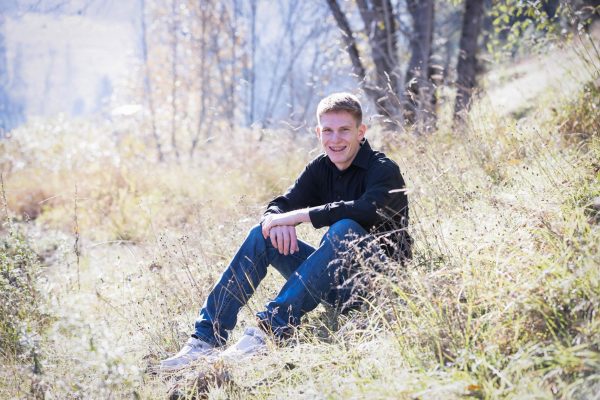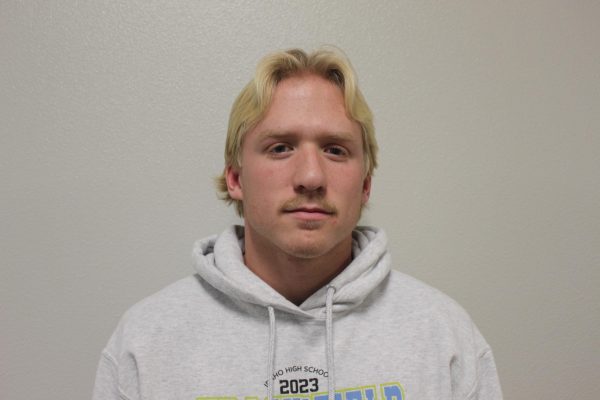Women march across nation, Palouse
About 2,500 people gathered at the Women’s March on the Palouse at East City Park in Moscow, Saturday, Jan. 21. The local event reflected the national trend of Women’s Marches across the world that day.
According to the Moscow event’s Facebook page, the march served as a “peaceful demonstration in support of women’s rights, in solidarity with the Women’s March in Washington.”
The Washington, D.C., march, held the same date in the nation’s capitol, was intended to peacefully protest unequal rights, according to womensmarch.com. Similar events took place around the nation, adding up to 673, with a total of 4,876,700 marchers reported as of Jan. 24.
The march was not exclusively for women, but included anyone who is an ally for the causes. The march on the Palouse was not the only one of its kind — there were seven in Idaho in Boise, Driggs, Idaho Falls, Ketchum, Moscow, Pocatello and Sandpoint. The marches in Washington state took place in Seattle, Spokane, Walla Walla, Yakima and 15 other locations. In the United States, the state that had the most marches was California, with 49.
Not only did these events happen nationally, they took place internationally. Some sister marches arose in the United Kingdom, Mexico, Germany, France and Canada, which had 26 sister marches — the most of any country outside the U.S.
For many at the Moscow march, the event was about no longer keeping quiet.
“[I’m] realizing that I can’t keep doing things quietly,” said Caroline from Moscow, who declined to share her last name.
“[I’m] maintaining opposition to regression,” said marcher, Brooklyn Walter, from Moscow.
Coincidentally, also marching in Moscow Jan. 21 were about 100 supporters of Sanctity of Human Life Day, which began while Ronald Reagan was president. The event is a protest against abortion that takes place every year in January, marking the anniversary of Roe vs Wade.
“We keep doing it because abortion is still legal and innocent lives are still being taken,” said Sam Paul of his protest against abortion. He spoke with the Moscow-Pullman Daily News about it in 2016.
“We hold rallies because awareness is the first step in this and we don’t want anyone to be unaware of the atrocities,” Paul added.
According to womensmarch.com the mission statement of the movement is to “send a bold message to our new government on their first day in office, and to the world that women’s rights are human rights. We stand together, recognizing that defending the most marginalized among us is defending all of us.”
However, many marchers stated that, for them, the event was not about the election of President Donald Trump. Local marchers’ chants and signs expressed that it was more about hearing the voices of those who are marginalized, who need hope. They shared that it was about improving women’s lives and everyone’s lives, creating a path for more voices to be heard in society. For many people, they said, the march was about breaking the silence about injustices such as the gender wage gap, sexual assault, reproductive rights, and discrimination against racial and sexual minorities.
The national march website as stated, “We stand together in solidarity with our partners and children for the protection of our rights, our safety, our health, and our families — recognizing that our vibrant and diverse communities are the strength of our country.”
They also included five rules for the marches:
Principle 1: Non-violence is a way of life for courageous people.
Principle 2: The Beloved Community is the framework for the future.
Principle 3: Attack forces of evil, not persons doing evil.
Principle 4: Accept suffering without retaliation for the sake of the cause to achieve our goal. Principle 5: Avoid internal violence of the spirit as well as external physical violence.”






